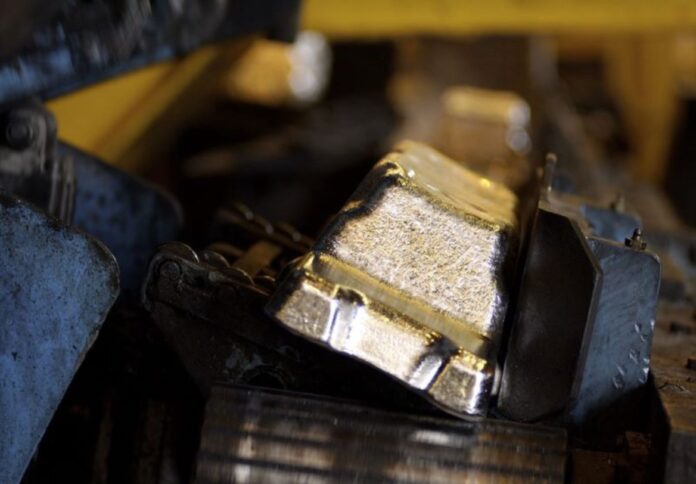
The Australian Aluminium Council has praised the Australian Government’s announcement of a production credit for the aluminium smelting sector, a key component of the Future Made in Australia plan, calling it a significant step towards ensuring a sustainable future for the nation’s aluminium industry.
According to the council, aluminium is vital in a range of applications, from construction materials and food packaging to electronics, vehicles, and defence technologies.
The metal is also integral to renewable energy technologies, including solar panels, electric vehicles, and batteries, positioning it as a key player in the global shift toward cleaner energy.
With global demand for aluminium set to double by 2050 due to the energy transition, the Australian Aluminium Council argues that Australia must leverage its mineral reserves, refining capacity, and smelting potential.
Marghanita Johnson, CEO of the Australian Aluminium Council, stressed the importance of competitive energy prices as the foundation for Australian businesses to remain competitive in the global market.
“Until now, we have seen many other countries take decisive action to support their domestic manufacturing industries while Australia has been less proactive in comparison,” Johnson said.
“[The] announcement is an important step in support of the industry’s transition to the competitive, reliable, lower-carbon energy needed for the aluminium industry to secure a sustainable future.”
The announcement includes $2 billion in production credits, a substantial step towards addressing the challenges the aluminium industry faces, including rising energy and labour costs, and lengthy regulatory processes.
The production credits are expected to attract private capital and provide essential transitional support as Australia’s energy infrastructure evolves and pricing becomes more competitive.
Johnson pointed out that Australia is one of the few countries with a fully integrated aluminium value chain, encompassing bauxite mining, alumina refining, smelting, and extrusion.
This policy not only supports resource extraction but also boosts the transformation of these resources into high-value finished products, generating over 75,000 direct and indirect jobs, primarily in regional Australia.
With the right policy frameworks, Johnson believes that Australia’s aluminium sector can continue to thrive, providing essential contributions to the nation’s economy and industrial landscape for generations to come.



















